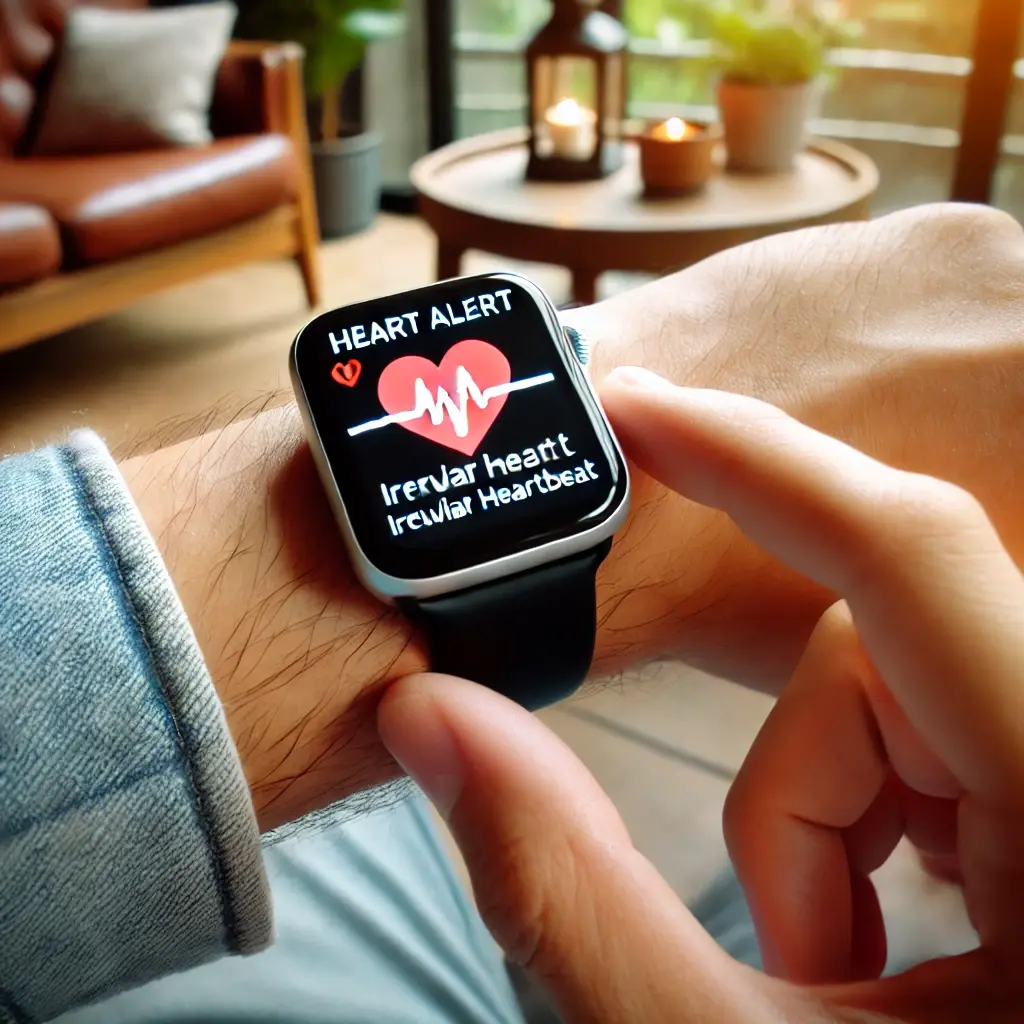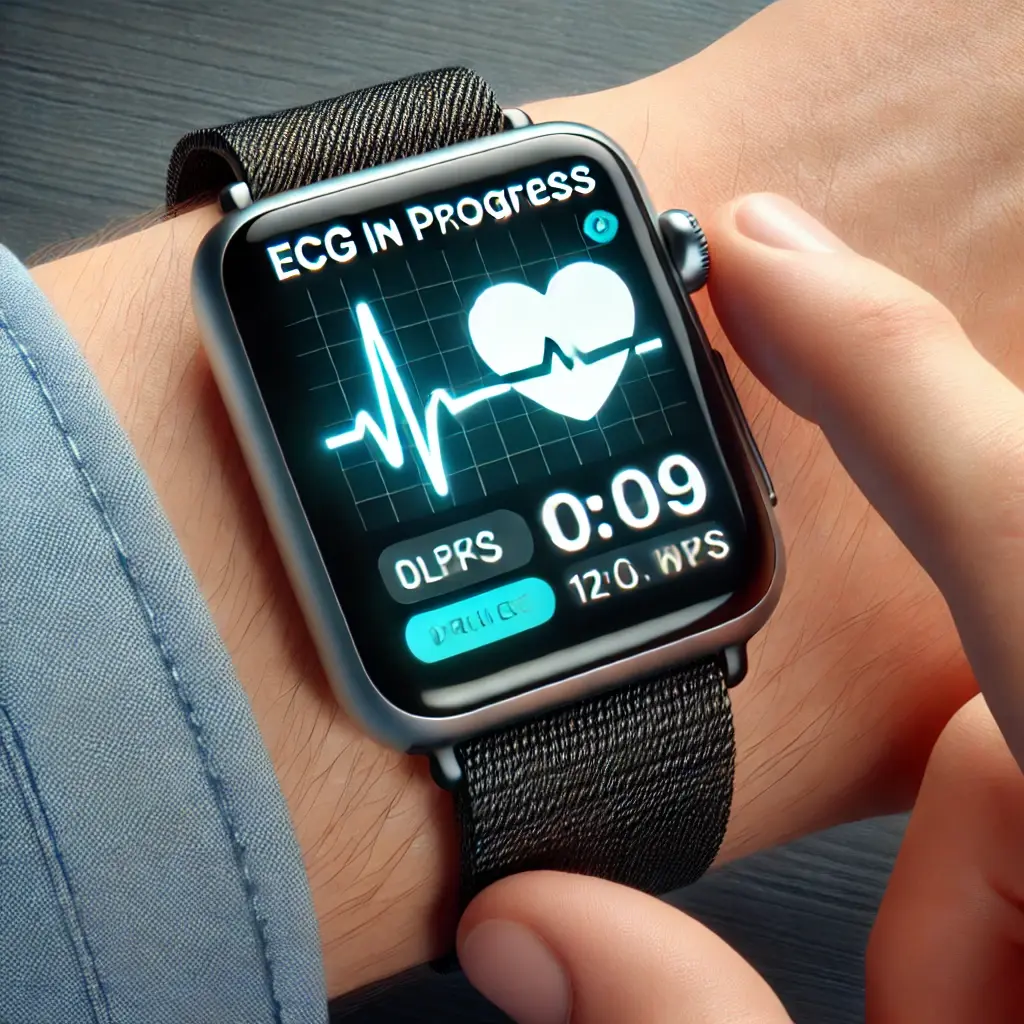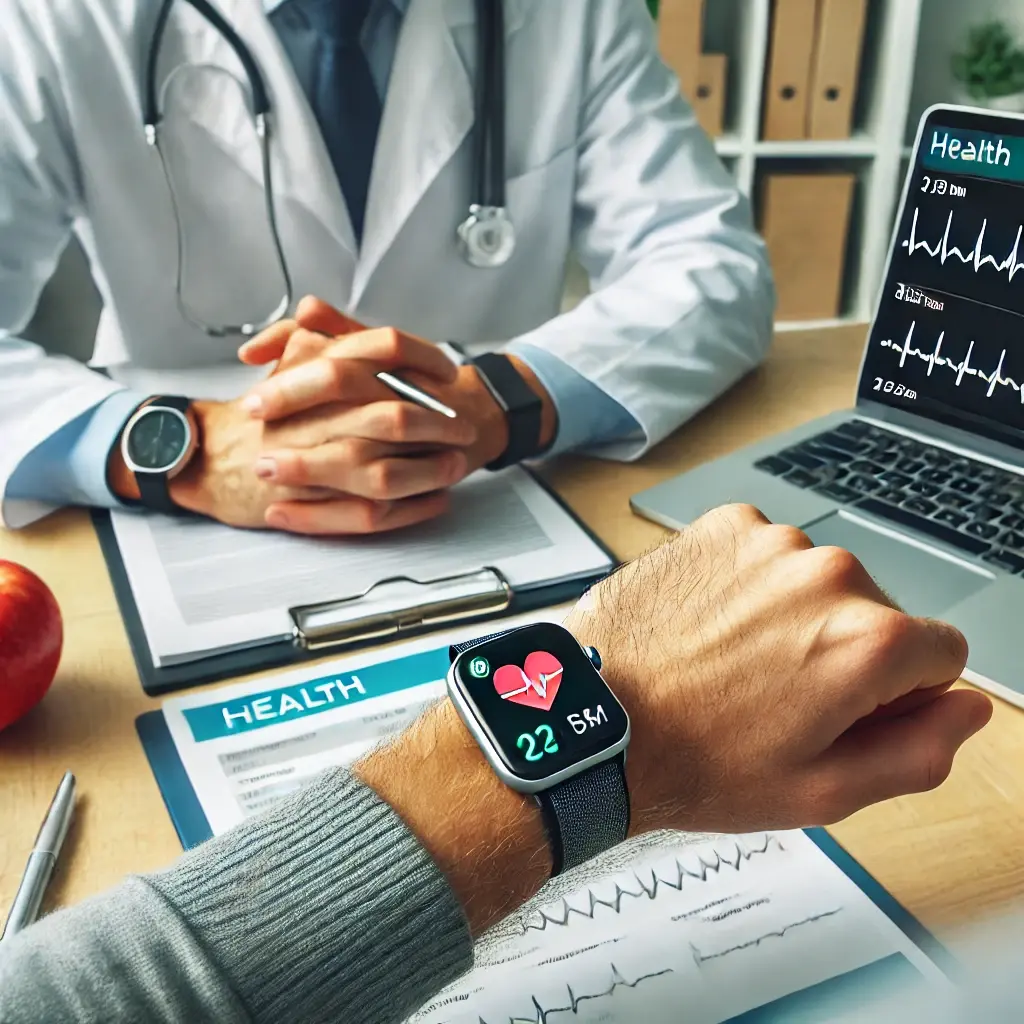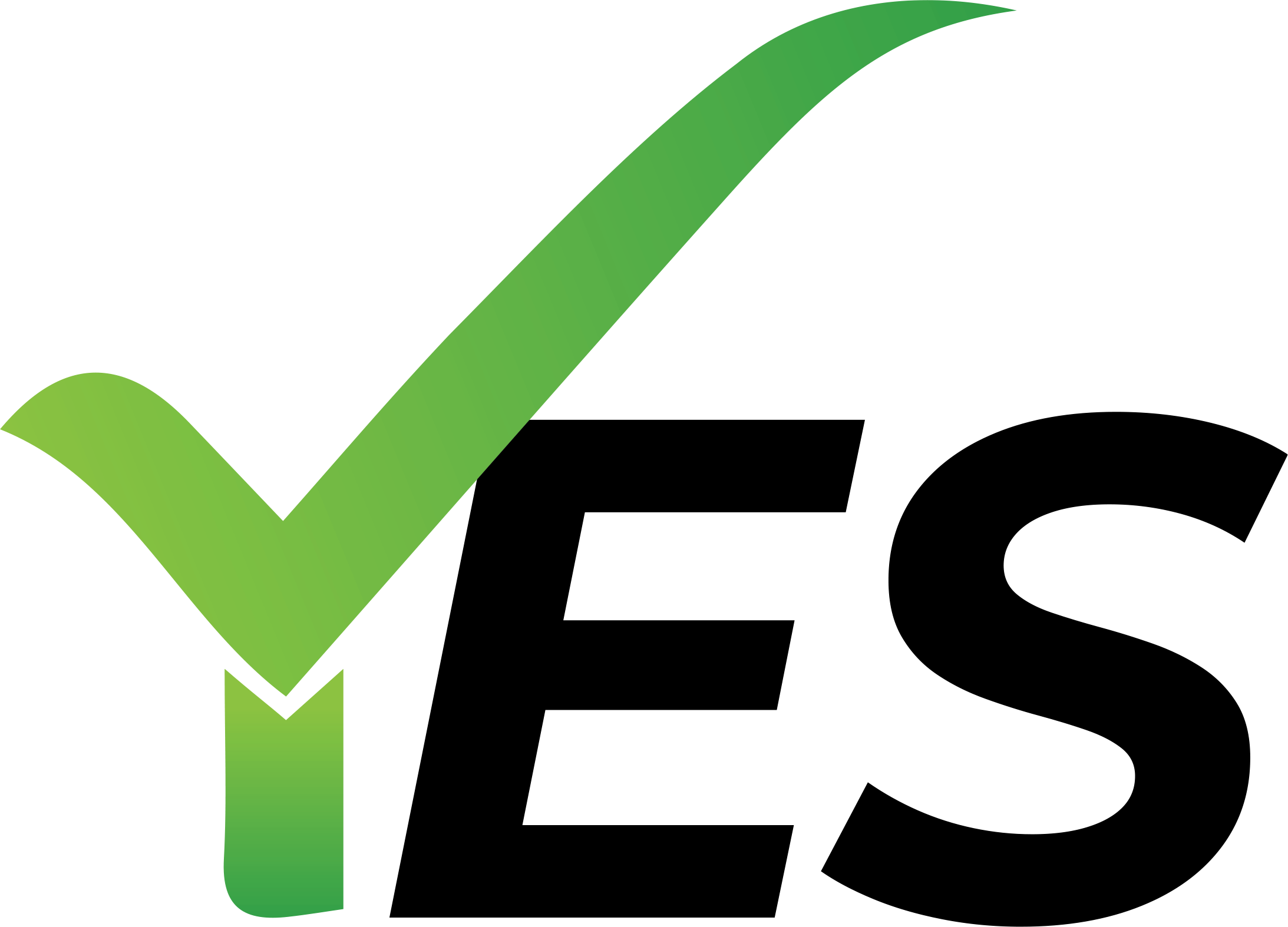Can Smartwatches Detect Heart Problems?

Can Smartwatches Detect Heart Problems?
In recent years, smartwatches have evolved from cool gadgets to powerful health-monitoring tools. One of their most talked-about features is heart monitoring. But can they actually detect heart problems?
The short answer is: Yes—but with limits. Let’s explore how smartwatches work, what they detect, and what you should know.

🫀 How Do Smartwatches Monitor Your Heart?
Smartwatches use a technology called photoplethysmography (PPG) to monitor your heart rate. A green LED light shines into your skin, and sensors measure how much light is absorbed by your blood. With this data, your watch can track:
Heart rate
Heart rate variability (HRV)
Irregular rhythms
Resting and active heart rates
Some advanced models also include electrocardiogram (ECG) features, which record your heart’s electrical signals and can help detect more serious conditions.
⚠️ What Heart Issues Can Smartwatches Detect?
Irregular Heart Rhythms (Arrhythmias)
Watches like the Apple Watch and Samsung Galaxy Watch can notify you of AFib (atrial fibrillation)—a condition that increases the risk of stroke.
Bradycardia or Tachycardia
Some smartwatches alert you if your heart rate is too low or too high while you're at rest.
Heart Rate Spikes During Sleep
Abnormal heart activity during sleep can indicate stress, sleep apnea, or cardiovascular issues.
Low HRV (Heart Rate Variability)
Low HRV can be a sign of stress, overtraining, or underlying heart conditions.
✅ Smartwatch Brands Known for Heart Monitoring
Apple Watch (Series 4 and later)
Includes FDA-cleared ECG, high/low heart rate alerts, and AFib detection.
Samsung Galaxy Watch Series
Offers ECG and blood pressure features (in some regions).Fitbit Sense & Versa 3
Tracks heart rate zones, resting heart rate, and SpO2.Huawei, Amazfit, and Garmin
Provide advanced heart rate tracking and stress analysis.
🧠 Can a Smartwatch Diagnose a Heart Condition?
No. Smartwatches are not medical devices. While they can detect irregularities and suggest something might be wrong, only a doctor can diagnose a heart condition. That said, many users have shared stories of their smartwatches alerting them early—prompting them to seek medical help in time.
🧑⚕️ When Should You Take a Smartwatch Alert Seriously?
You should contact a doctor if:
You receive repeated alerts for irregular rhythm.
You experience chest pain, shortness of breath, or dizziness.
Your resting heart rate is consistently too high or low.
The ECG reading shows “inconclusive” or “AFib.”
Smartwatch alerts should be seen as early warnings, not final answers.
🔋 Tips for Accurate Heart Monitoring
Wear your watch snugly—not too tight or loose.
Keep your skin and the sensor clean.
Update your watch’s firmware regularly.
Avoid caffeine or alcohol before checking ECG.
Stay still during measurements.
🧭 The Future of Heart Monitoring with Smartwatches
Tech giants are constantly improving sensors and algorithms. In the near future, smartwatches may detect more serious conditions like:
Heart attacks (myocardial infarction)
Cardiomyopathy
Blood pressure abnormalities
Oxygen saturation drops
With AI integration, real-time health alerts will be faster and more personalized.






